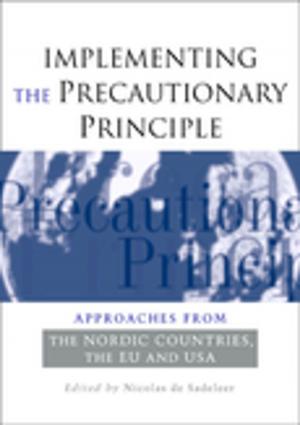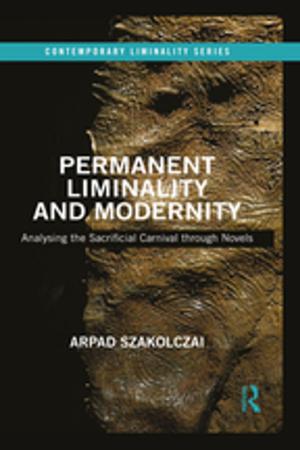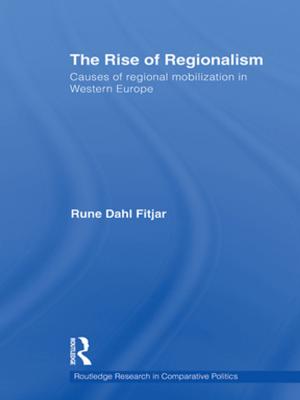| Author: | Clyde H. Coombs, George S. Avrunin, Clyde H. Coombs, George S. Avrunin | ISBN: | 9781134733811 |
| Publisher: | Taylor and Francis | Publication: | May 13, 2013 |
| Imprint: | Psychology Press | Language: | English |
| Author: | Clyde H. Coombs, George S. Avrunin, Clyde H. Coombs, George S. Avrunin |
| ISBN: | 9781134733811 |
| Publisher: | Taylor and Francis |
| Publication: | May 13, 2013 |
| Imprint: | Psychology Press |
| Language: | English |
A theory that attempts to bring order to the chaotic variety of conflict usually begins by distinguishing types of conflict and formulating general explanatory principles that relate and integrate them. In contrast to traditional methods, this book describes and explores the structural aspects of different types of conflicts, and discusses the important implications involved for both choosing and achieving methods for resolving conflict. Two important facets of conflict structure are recognized: the individuals involved and the behavioral principles that govern them; and the existence of options and their structural relation.
This monograph will be of interest to researchers and practitioners of conflict resolution, such as mediators, lawyers, diplomats, counselors and psychologists, and students in experimental and social psychology, labor relations, poilitical science and law.
A theory that attempts to bring order to the chaotic variety of conflict usually begins by distinguishing types of conflict and formulating general explanatory principles that relate and integrate them. In contrast to traditional methods, this book describes and explores the structural aspects of different types of conflicts, and discusses the important implications involved for both choosing and achieving methods for resolving conflict. Two important facets of conflict structure are recognized: the individuals involved and the behavioral principles that govern them; and the existence of options and their structural relation.
This monograph will be of interest to researchers and practitioners of conflict resolution, such as mediators, lawyers, diplomats, counselors and psychologists, and students in experimental and social psychology, labor relations, poilitical science and law.















